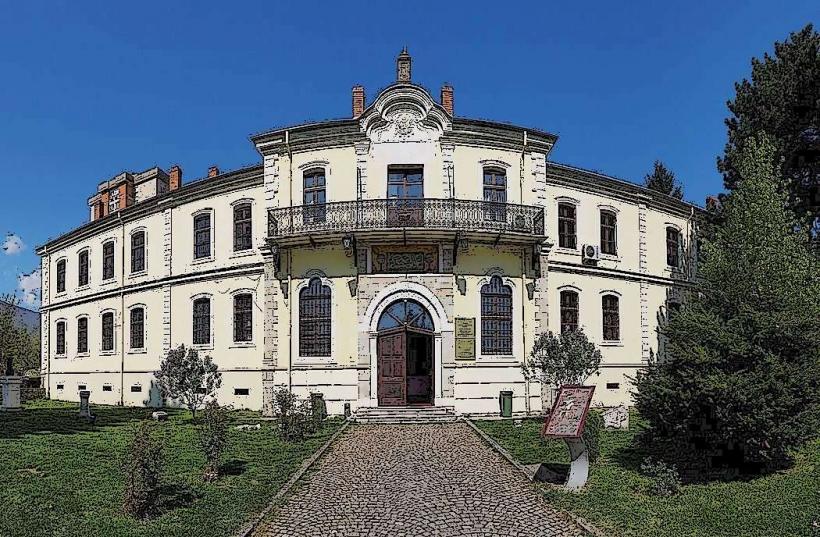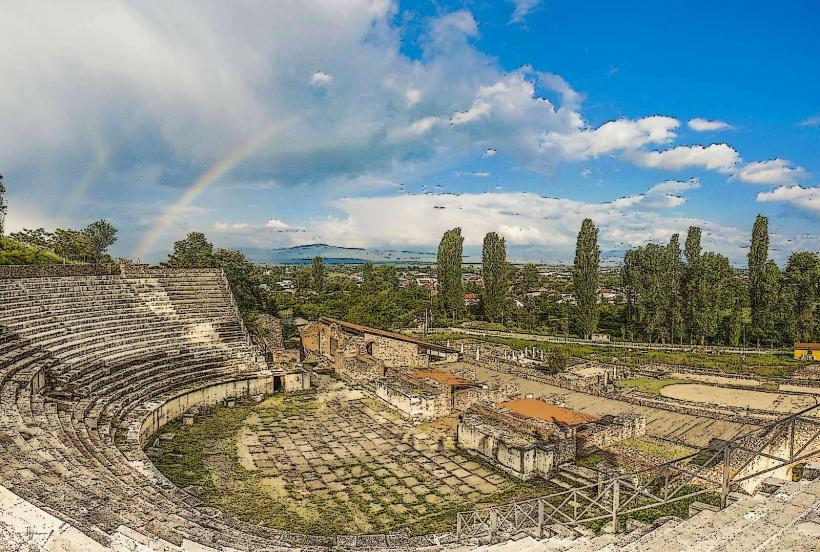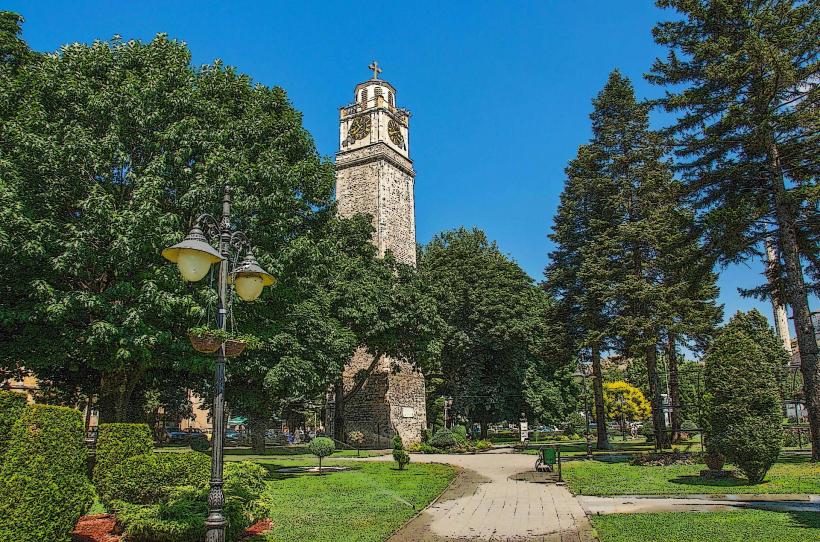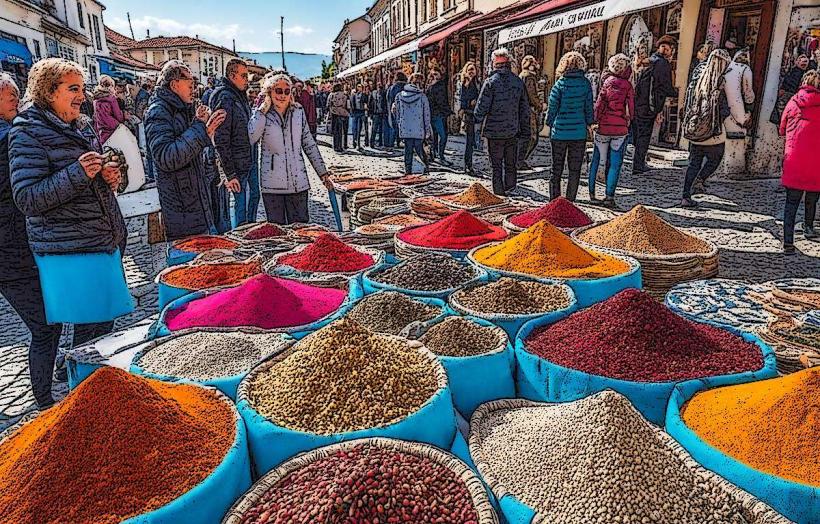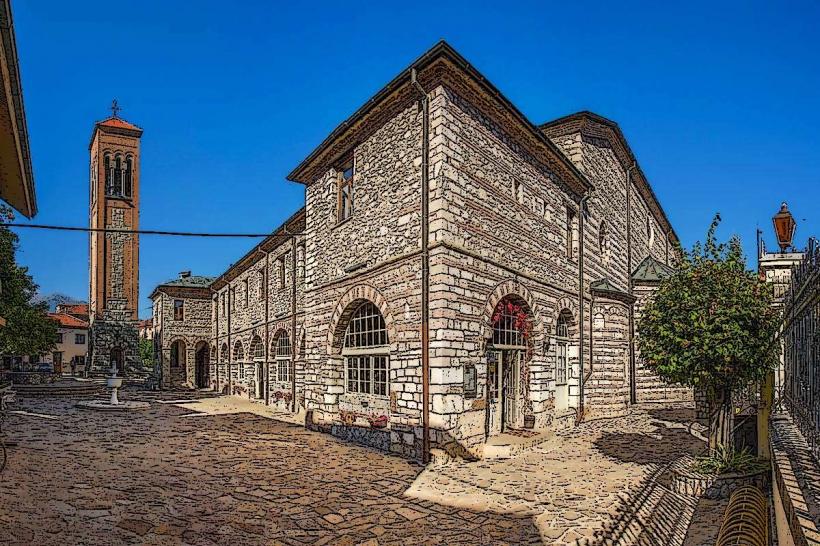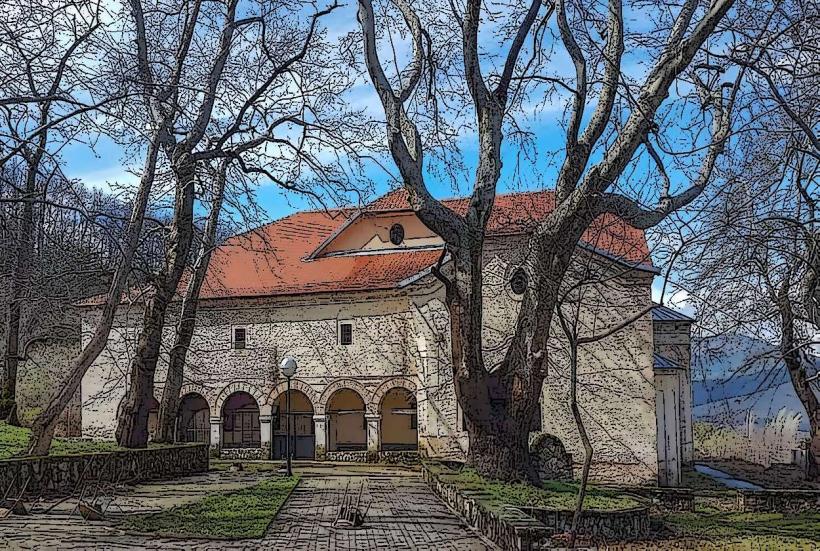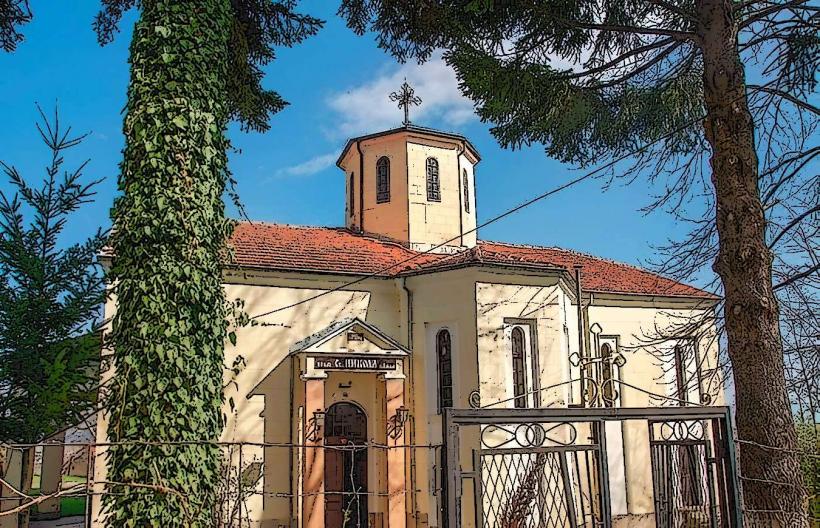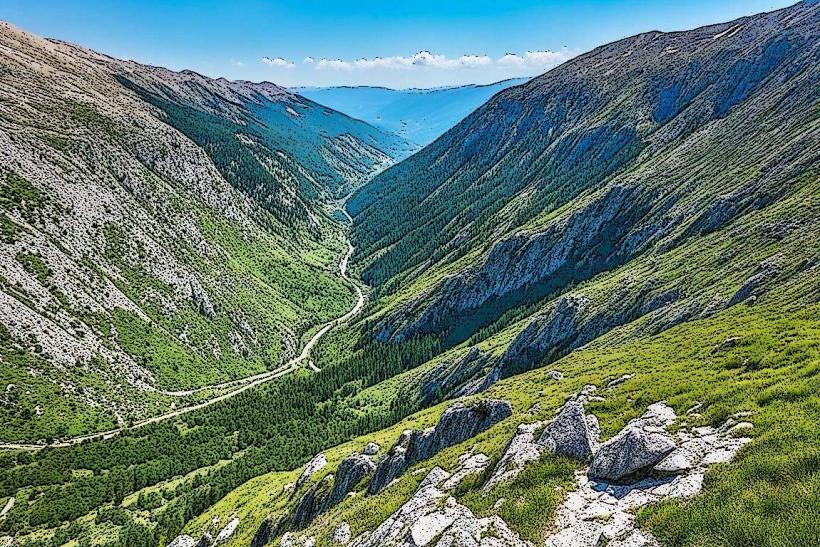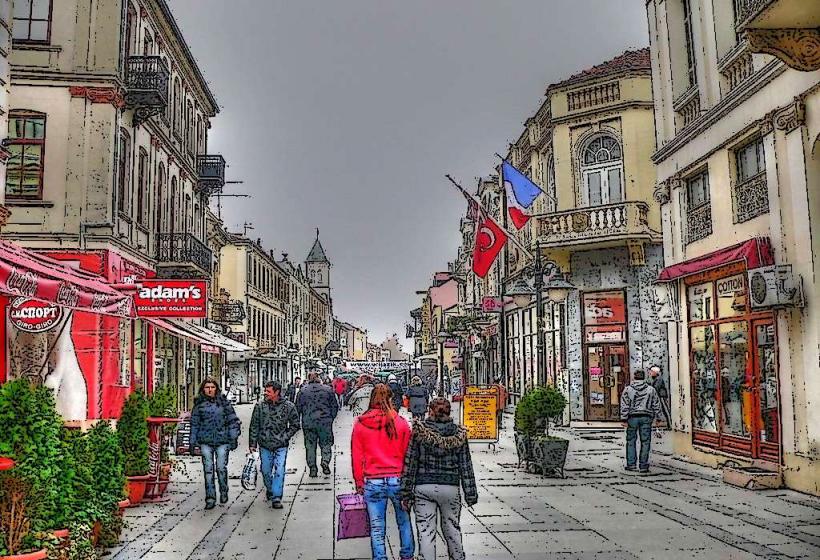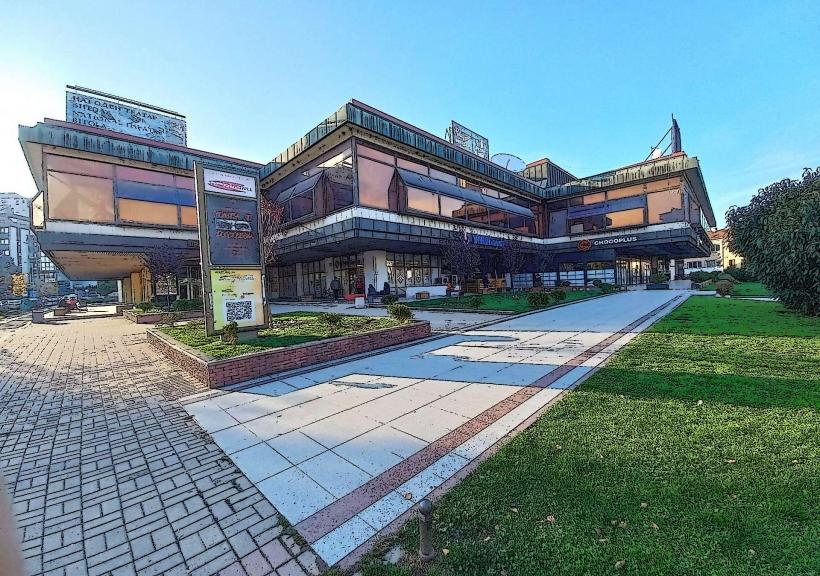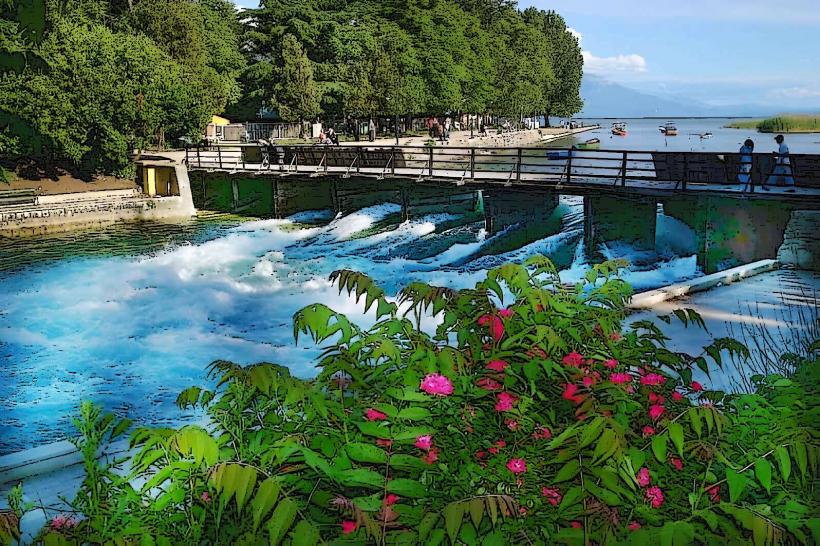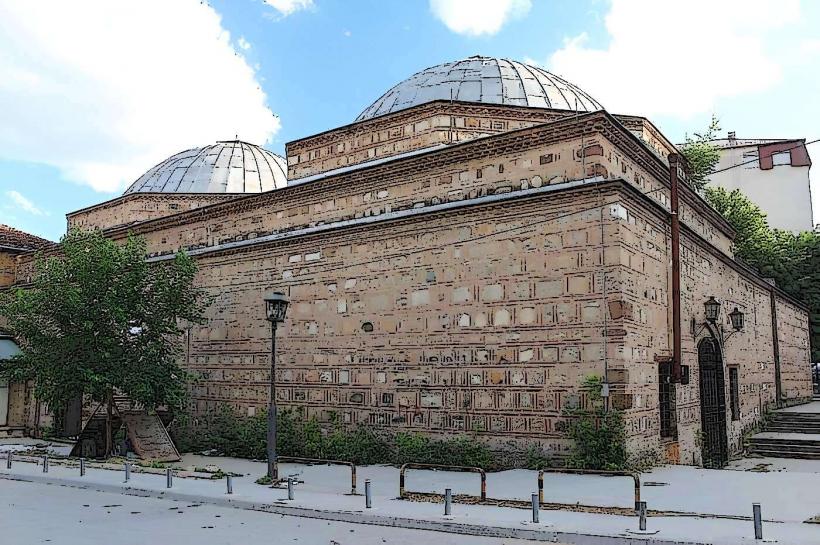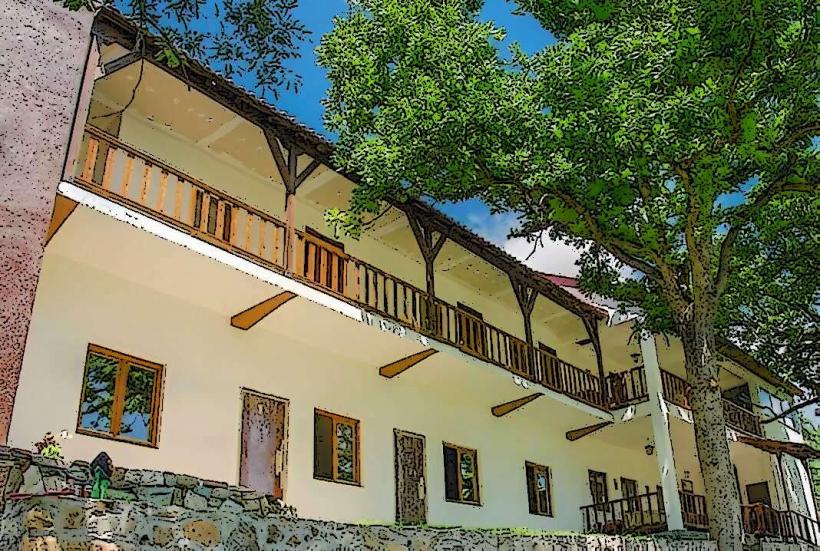Information
Landmark: Military CemeteryCity: Bitola
Country: North Macedonia
Continent: Europe
Military Cemetery, Bitola, North Macedonia, Europe
The Military Cemetery in North Macedonia is a memorial site dedicated to honoring soldiers who have died in various military conflicts, particularly those who fought for the country’s independence, freedom, and territorial integrity. These cemeteries are spread throughout the country and are key historical sites that commemorate the sacrifices made during several significant wars, including World War I, World War II, and the 1999 Kosovo War, among others.
Overview:
- Purpose: Military cemeteries are established to pay respects to fallen soldiers, offering a space for remembrance, commemoration, and reflection. They often feature the graves of soldiers, military officers, and national heroes who sacrificed their lives for their country. The cemeteries are a symbol of the nation's gratitude for the service of its armed forces.
- Key Conflicts: The most notable periods for military cemeteries in North Macedonia include:
- World War I: Soldiers from the Kingdom of Serbia and the Kingdom of Greece, as well as others who fought on the side of the Entente Powers, are buried in various military cemeteries across the country.
- World War II: Many graves in military cemeteries are dedicated to those who fought against Axis Powers or were part of local resistance movements.
- Post-1991 Conflicts: The 1999 Kosovo War and other regional conflicts led to the establishment of more modern military memorials to honor those who died in recent conflicts.
Prominent Military Cemeteries:
Military Cemetery in Skopje:
- This cemetery houses graves from various wars, including both World Wars and the 1999 Kosovo War. It is located in the capital city of Skopje and is often visited by veterans, families of the fallen, and dignitaries for commemorative ceremonies.
Cemetery in Bitola (Part of the Greek Military Cemetery):
- Located in Bitola, this cemetery contains the graves of Greek soldiers who died during World War I and World War II, as well as other regional conflicts. Bitola was an important location during both world wars and served as a military hub for various armies.
Vardar River Military Cemetery:
- Situated along the Vardar River, this cemetery includes graves of soldiers who fought during the Balkan Wars and World War I. Many of the fallen were soldiers of the Ottoman Empire, which controlled the region before the creation of the Kingdom of Yugoslavia.
Cemetery in Ohrid:
- The Ohrid Military Cemetery is another important memorial that holds the remains of soldiers who died in World War I and other earlier conflicts. Ohrid's proximity to the Greek border made it a significant site during wartime.
Soldiers' Graveyard in Kumanovo:
- This cemetery includes soldiers from the First Balkan War, the Second Balkan War, and soldiers who died during the conflicts of the 20th century. Kumanovo's location as a major battlefront in regional conflicts makes this cemetery historically significant.
Features of Military Cemeteries:
Graves: The primary feature of these cemeteries is the rows of military graves, often marked by simple gravestones, plaques, or memorials with the names and ranks of the soldiers buried there.
Memorial Monuments: Many military cemeteries also feature memorial monuments, such as cenotaphs or statues, commemorating all those who died in service. These can vary in design, often reflecting the era in which they were constructed.
Honoring National Heroes: In some cemeteries, certain graves are dedicated to national heroes or high-ranking military officers who played pivotal roles in the country’s military history.
Annual Remembrances: Military cemeteries are often the site of commemorative events, especially on national holidays such as Victory Day and Remembrance Day. These events often include military honors, the laying of wreaths, and moments of silence to honor the fallen.
Symbolism and Importance:
National Identity: Military cemeteries are vital for preserving the national memory and identity of North Macedonia. They serve as a reminder of the sacrifices made for the country's freedom and sovereignty, helping future generations understand the importance of peace and the price of independence.
Cultural Significance: These cemeteries are part of the larger tradition of honoring military service and fallen soldiers in many countries. In North Macedonia, they are places of reflection on the trauma of war and the importance of national unity and peace.
Preserving History: Military cemeteries also contribute to the preservation of historical records, with many of the graves and memorials offering insights into the country's participation in significant regional and global conflicts. They often attract historians, researchers, and educators looking to learn more about North Macedonia's role in these wars.
Conclusion:
The Military Cemeteries of North Macedonia are solemn and significant sites, dedicated to remembering the fallen soldiers who fought in the country’s wars throughout history. These cemeteries are not only memorials to those who made the ultimate sacrifice but also serve as educational tools and places for reflection on the enduring importance of peace, freedom, and national pride.

